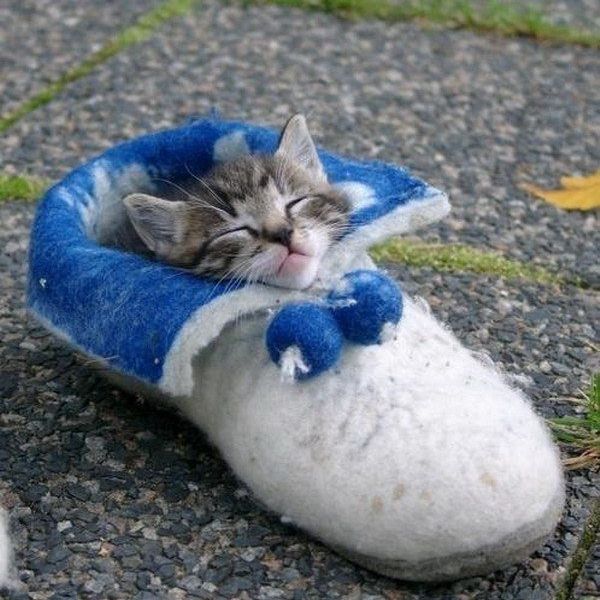Let us be honest here: memory can be a very fickle thing. On some days, we can recall things with great accuracy after concentrating on them for a bit, while on others, we tend to forget what we were planning to get mere seconds after opening a refrigerator.
A lot of us have experienced this strange phenomenon more often than we would like to admit. I have suffered much humiliation as the result of failing to remember important things. This personal incidence of short term memory loss has led me to wonder about the causes and possible cures of short term memory loss.
Although the concept of short term memory loss was treated as a joke in "Finding Nemo," the sad reality is that memory loss is a very legitimate health issue. But what exactly is it? As depicted in the character Dory from "Finding Nemo," short term memory loss can be defined as "an impaired ability to form new episodic memories, usually tied to personal experience." For instance, a person with short term memory loss has no problem with, say, recalling what he or she had for dinner two days ago.
However, because of the short term condition, the person cannot recall the experiences that take place after the current day. In other words, the short term memory loss makes it impossible for the victim to live in a "future" period; he or she will be stuck in a "now" state. He or she will not be capable of recalling future memories "for later recall." When I learned this, I was deeply saddened, because it means that people dealing with STML (short term memory loss) resemble old-fashioned computers that cannot contain a lot of memory for later application. Without the ability to recall and retain memories, it will be difficult for individuals with STML to grow emotionally and socially.
After learning about the core characteristics that defined STML, I looked further to see what caused short term memory loss. Prior to looking for research, I had assumed that the primary cause of short term memory loss was lack of sleep or stress based on personal experience. What I had gleaned upon further study, however, turned out to be very interesting. For instance, one common cause of short term memory loss is biological, specifically a "lack of oxygen to the brain."
Based on this description, I am assuming that if people, particularly those who like to exercise frequently, push themselves too harshly when performing fitness, they will impede the oxygen flow to their brain and thus expose themselves to memory failure. Another acceptable impetus for the inability to recall short term memory is chemical; as an example, if individuals partake in alcohol and drug abuse excessively, their capability of retaining short term memory will be dramatically restricted. Needless to say, not taking dangerous substances will be worthwhile.
After reading up on the characteristics and causes of STML, I was curious if potential cures for this conundrum exist. I was very skeptical, because I have been told that Alzheimer's disease, a type of memory loss problem, has no cure. Although there is no scientifically unanimously agreed upon cure to fight short term memory loss, I was intrigued to what I found out. Strangely enough, "getting plenty of sleep" is a powerful combatant against short term memory loss.
The explanation for this is that getting adequate sleep "will help your brain perform at its best the next day." The human brain, thanks to being re-energized, will guide its owner in recalling information, short and long term, easily and quickly. It will not feel bogged down by weariness, whether physical or mental. An additional weapon against short term memory loss is "laughing easily and often." Apparently, laughing often benefits the brain. Through this activity, patients of STML can boost their learning and creativity skills because they will be thinking about the catalyst that caused the laughing to occur.
Despite scientific advancements, STML remains a complicated and interesting area of study. Hopefully in the near future, means to eliminate it permanently will be discovered and promoted widely.





















